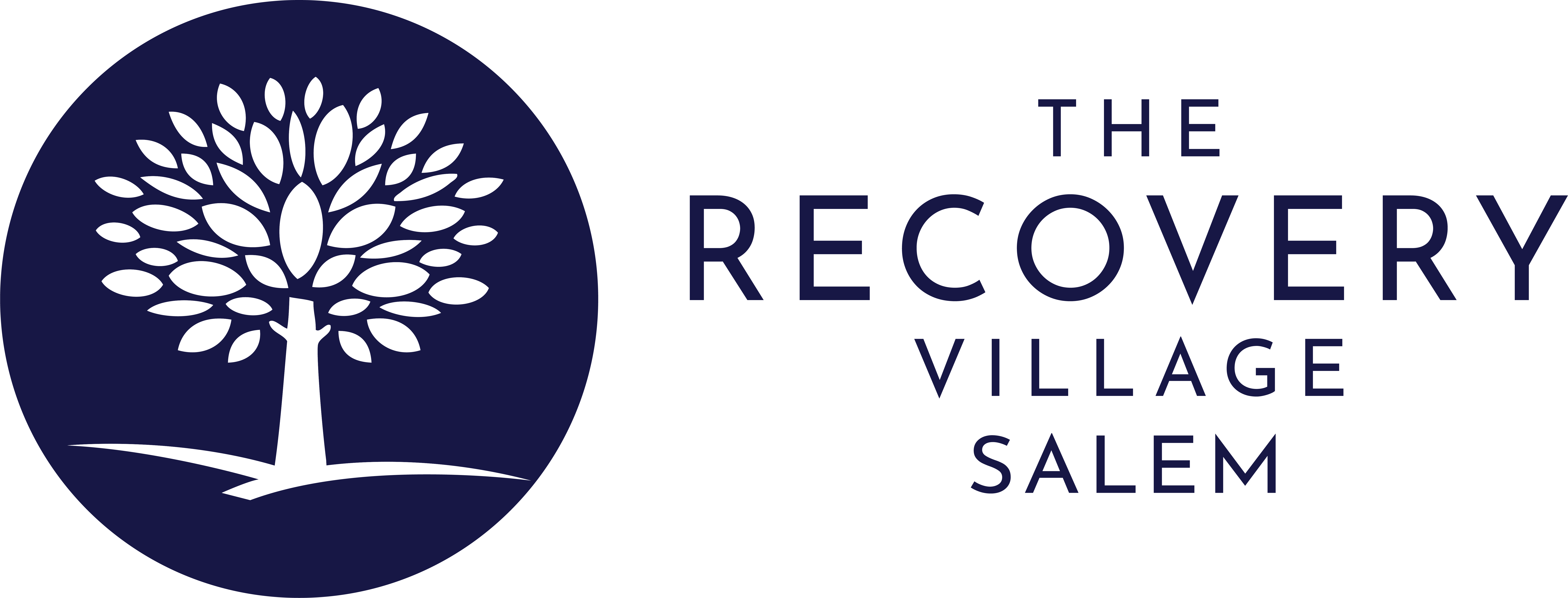Early recovery is a period characterized by profound change, heightened self-awareness, and the slow rebuilding of one’s life after addiction. It’s also a time often fraught with emotional ups and downs, as you relearn how to manage stress, rewrite old habits, and adapt to a sober lifestyle. In the midst of these profound personal transformations, the question of whether to date during early recovery naturally arises.
While the desire for companionship and intimacy is completely understandable, entering into the dating world too soon can pose risks—both to your sobriety and to your emotional health. Here, we’ll explore the common pitfalls of dating in early recovery, reasons to hold off on romantic relationships during this period, and practical guidelines for determining when it might be safe to start dating again.
What Happens During Early Recovery?
Before delving into the topic of dating, it’s important to understand what makes early recovery such a delicate time. For many people, early recovery can last anywhere from the first few months to the first year (or more) of sobriety. During this critical period:
- Emotional Roller Coaster: Newly sober individuals often experience a whirlwind of emotions, ranging from euphoria to anxiety and depression. These fluctuations can be difficult to navigate without the additional stress of managing a new relationship.
- Rebuilding Self-Esteem and Identity: Recovery isn’t just about abstaining from drugs or alcohol. It’s also about reestablishing a sense of self-worth, clarifying core values, and examining personal belief systems. Dating can complicate or distract from this introspective work.
- Establishing Healthy Boundaries: Addiction often erodes personal boundaries, resulting in unhealthy relationship patterns. Early recovery is the time to learn how to set and respect boundaries before extending this newfound emotional health to a partner.
- Developing Coping Mechanisms: Early recovery demands new tools and strategies to cope with life’s challenges—triggers, cravings, stress, and emotional ups and downs. Dating may introduce unforeseen stressors and complications, making it harder to consistently use new coping skills.
With these factors in mind, it becomes easier to see why many counselors, support groups, and treatment programs advise against starting new relationships during early recovery.
Ready to Break Free From Addiction?
If you’re seeking help for yourself or a loved one, our expert team is here to guide you every step of the way. Don’t wait—start your journey to recovery today.
The Pitfalls of Dating in Early Recovery
Though it’s natural to crave emotional connection, dating too soon in your recovery can lead to a range of issues that may sabotage the important progress you’re making.
Risk of Replacement Addiction
When you’ve recently given up drugs or alcohol, you might be seeking other ways to experience emotional highs or feelings of security. Diving into a new romance can offer a quick infusion of feel-good hormones like dopamine and endorphins. Unfortunately, this can replace one addiction with another. If the relationship becomes the primary source of emotional satisfaction, it can overshadow the work you need to do to build internal resilience in your sobriety.
Emotional Vulnerability
In early recovery, you’re still learning how to handle intense emotions without numbing agents. A new romantic relationship can intensify these feelings—both positive and negative—and if the relationship falters, the resulting heartache may trigger cravings or relapse. This doesn’t make you weak; it simply reflects that emotional stability is still under construction.
Unhealthy Relationship Patterns
Codependency is a common dynamic among individuals in recovery. Jumping headfirst into a relationship without first addressing these patterns can put you at risk of attracting partners who either enable or trigger your unhealthy behaviors. Additionally, unresolved issues from past relationships or traumas can resurface, placing strain on your new connection and your own mental well-being.
Neglect of Personal Growth
Early recovery is the ideal time to focus on building a foundation in sobriety—attending support groups, therapy, and establishing new daily routines. A new relationship often demands significant time and energy, which can distract from developing coping strategies, building a sober support network, and refining your sense of identity.
Manipulation and Relapse Risks
In certain cases, entering into a relationship with someone who doesn’t understand or respect your recovery boundaries can be dangerous. For instance, if a partner continues to drink or use substances around you, it may create temptations that are particularly difficult to handle in the early months of sobriety.
Reasons to Hold Off on Dating in Early Recovery
Given these pitfalls, many professionals recommend waiting at least a year into sobriety before starting to date again. While this is not a hard-and-fast rule and can vary based on personal circumstances, there are sound reasons behind this guideline.
1. Building a Strong Foundation
Waiting to date allows you time to build a solid recovery foundation—attending therapy, working a program of recovery if applicable (like a 12-step or alternative program), and developing healthy coping strategies. You’ll be more equipped to handle the emotional complexities of a new relationship if you’ve already established this solid groundwork.
2. Focusing on Self-Discovery
Sobriety can bring fresh insights into who you are and what you want from life. By postponing dating, you create space to explore personal interests, values, and life goals without the added influence of a new partner. This empowers you to enter future relationships from a place of self-knowledge and confidence rather than confusion or dependency.
3. Preventing Emotional Overload
Early recovery is demanding. Between cravings, potential triggers, and the mental energy needed to stay sober, adding a new romantic relationship can be emotionally overwhelming. By waiting, you give yourself the benefit of gradually expanding your emotional bandwidth without risking burnout or relapse.
4. Protecting Mental Health
Dating can be complicated even under the best of circumstances. The potential for heartbreak, conflict, or disappointment can be particularly destabilizing for someone still developing strong emotional and mental health tools. Holding off on dating helps safeguard your mental health as you build healthier thought patterns and behaviors.
5. Establishing a Healthy Support Network
Instead of turning to a romantic partner for all your emotional needs, early recovery is a time to lean on sober friends, support groups, sponsors, mentors, and therapists. Cultivating this diverse support system provides you with multiple sources of strength and perspective, rather than relying heavily on one person.
Knowing When You’re Ready to Start Dating
While there’s no perfect formula for determining when you’re ready to start dating again, there are general indicators that you may be in a better position to handle a healthy relationship:
You Have a Consistent Recovery Routine
You attend therapy sessions or recovery group meetings regularly, meet with a sponsor or mentor, and have incorporated healthy habits into your daily life—exercise, balanced nutrition, mindfulness, or journaling. This routine demonstrates you’re prioritizing your recovery and able to handle new responsibilities alongside it.
You Feel More Emotionally Stable
Emotional stability doesn’t mean you no longer experience challenges; rather, it means you have developed tools to navigate stress, conflict, and sadness without resorting to substances or destructive behaviors. If you’re consistently applying coping skills and seeing positive results, you may be ready for the additional emotional demands of dating.
You’re Comfortable Being Alone
If you’re entering the dating world merely to fill a void or stave off loneliness, that’s a red flag. In contrast, if you’ve grown comfortable with being by yourself and genuinely enjoy your own company, you’re more likely to approach a relationship from a place of strength and authenticity, rather than dependence.
You’ve Addressed Past Trauma or Relationship Issues
Recovery can unearth underlying emotional wounds that may have fueled substance use. Ideally, you should spend time addressing these traumas, either in therapy or through other supportive means, before entering a romantic relationship. Doing so reduces the likelihood that unresolved pain will sabotage your future connections.
You’re Willing to Communicate Openly About Your Recovery
A partner who supports your sobriety is essential. If you feel comfortable discussing your journey, setting boundaries, and making your needs clear, you’re better prepared to have a healthy relationship. Any partner should respect your recovery milestones and be willing to accommodate the lifestyle changes that support your continued sobriety.
Tips for Navigating Dating in Early Recovery
If you do decide to date in early recovery, or once you reach a point where you feel comfortable doing so, keep these tips in mind:
- Set Clear Boundaries: Define your non-negotiables early on—whether that means no alcohol use in your presence, a strict curfew to attend morning meetings, or time set aside for therapy. Communicate these boundaries to any potential partner so you both understand how to prioritize recovery.
- Build Sober Connections Together: Seek activities that encourage sober fun, such as going for a hike, taking a cooking class, or attending a local art event. These shared experiences not only prevent temptation but also foster healthy bonding.
- Pace the Relationship: Avoid rushing into any serious commitments. Take your time getting to know the person, focusing on trust and mutual respect. If at any point you feel the relationship is threatening your sobriety, it’s important to reassess and prioritize your well-being.
- Stay Connected to Your Support Network: Even if you start dating, keep going to your support group meetings, therapy sessions, and other recovery-related appointments. Regular contact with your sponsor or a sober mentor can provide objective feedback on how the relationship may be affecting your recovery.
- Practice Honest Self-Reflection: Check in with yourself often: Are you feeling overwhelmed or emotionally triggered? Are you compromising any aspect of your recovery to make the relationship work? Continually evaluate whether the relationship is adding value to your life or creating undue stress that jeopardizes your sobriety.
Conclusion
Dating in early recovery can be a complex undertaking, filled with potential pitfalls and emotional risks. While there is no universal timeline for everyone, many treatment professionals and support networks advise waiting at least a year into sobriety before pursuing a romantic relationship. The reasons behind this recommendation include the need to establish a solid foundation in recovery, develop healthy coping mechanisms, cultivate self-awareness, and ensure emotional stability.
Ultimately, deciding when to start dating again is a personal decision that should be made thoughtfully, ideally with the guidance of a therapist or mentor who understands your unique situation. By prioritizing your sobriety and emotional well-being, you give yourself the best chance of entering into a relationship that is healthy, supportive, and conducive to long-term recovery success.
If you or someone you love is looking for professional help in navigating addiction recovery, The Recovery Village Salem is here to provide resources, support, and personalized treatment plans. With the right foundation and continued commitment to your sobriety, you can embark on a fulfilling, healthy relationship when the time is right. Get in touch with us today to get the support you need.



